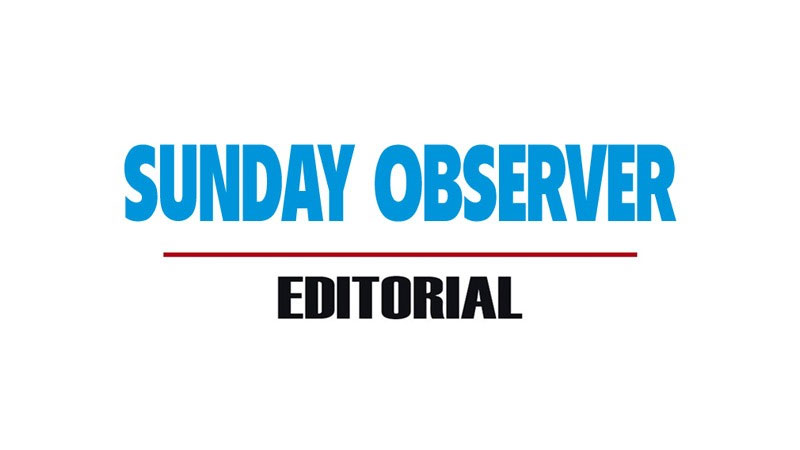The International Monetary Fund (IMF) has said that Sri Lanka will finalise a plan by today (16) to end vehicle import controls, starting with commercial vehicles and ending with all vehicles in 2025.
“Sri Lankan authorities have developed an initial roadmap to relax restrictions on the importation of motor vehicles by 2025, starting with public passenger and special purpose vehicles in 2024 third quarter, followed by goods transport vehicles in the fourth quarter 2024 and the rest in 2025,” the IMF report stated. “A detailed plan, including the implications on tax and reserve accumulations, will be finalised.”
This was confirmed by State Minister of Finance Shehan Semasinghe and other Government officials. Thus all restrictions on vehicle imports will cease next year, after a lapse of five years. Restrictions were placed on all vehicle imports (except for diplomatic vehicles and ambulances/firefighting vehicles) with the advent of the Covid-19 pandemic in 2020, which was followed by an economic crisis in 2022 stemming from the pandemic and other factors.
With the recent disbursement of the third tranche under the IMF’s Extended Fund facility (EFF), the economy has achieved stability to a great extent. Foreign reserves have also exceeded US$ 5 billion, which is essential given that vehicle imports generally use up around US$ 1.5 billion per year. With the economy returning almost to pre-pandemic levels, Sri Lanka eased restrictions on all other categories of goods including certain luxury goods. The import of certain other goods also reaches US$ 1.5 billion per year, so it is not fair to blame vehicle imports alone for any downfall in foreign reserves. However, with an uptick in tourism and expatriate remittances, the country is now in a position to recover any foreign exchange outflow vis-à-vis vehicle imports.
The Government has already partially relaxed restrictions on buses, trucks, earthmoving vehicles and farm vehicles, with more than 3,000 registrations of trucks alone in a few months. It is essential to remove all restrictions on the import of commercial vehicles, because they literally keep the economy moving. The Government recently introduced a new scheme to allow the import of 1,000 vehicles especially for tourism, a move that should ease the transport woes of tourists. The present fleet of tourist vehicles is showing signs of wear and tear, making journeys uncomfortable for tourists.
The Government has also allowed the import of electric vehicles (sometimes called New Energy Vehicles) for expatriates in spite of the overall ban on vehicle imports. This has been a silver lining amidst the import ban, as the latest electric vehicles can now be seen on Colombo’s roads. Once passenger car imports resume, the Government should prioritise electric cars and hybrid cars, possibly with the granting of duty concessions and other incentives. Incentives should also be granted for the setting up of DC superchargers and other types of fast chargers. It would be futile to import more electric cars without a good network of chargers countrywide. The authorities also have to take into consideration other factors such as electric battery disposal.
It was also reported that three-wheeler imports would also be given the go-ahead from this year or next year. This is best avoided, as the number of three-wheelers in the country already exceeds 1.2 million and there is hardly any room for any more of them. Besides, three wheelers are a menace to other road users, being the primary cause of most fatal accidents apart from private buses. However, the authorities may permit the local assembly of electric three wheelers and also the conversion of fossil fuel-powered three wheelers to electric power. Instead, the import and assembly of quadricycles, which have the advantage of a fourth wheel, should be encouraged. It is also advisable to phase out three wheelers from at least the major cities by 2035, which is incidentally the year that Sri Lanka hopes to end registration of fossil fuel vehicles.
This brings us to the paramount need to phase out the import and local assembly of fossil fuel vehicles by 2035, if we are meet the Net Zero targets by 2050. For a start, the Government should first permit petrol cars with 1.0 litre engines. A limit of 2.5 litre engine capacity should be imposed for pure petrol cars and it is better not to allow the import of diesel passenger vehicles, except for buses, vans, pickups and trucks. These limits can be waived for hybrid cars. Many luxury cars are also available in these engine ranges, so this measure would not necessarily lock out luxury car buyers.
It is also time to end all permit schemes and instead formulate a more rational duty structure which enables more people to buy cars if they wish to. Permit schemes distort market dynamics, giving an advantage to the permit holders and those who buy the permits, sometimes for astronomical sums. Moreover, it is absurd that ordinary buyers have to pay around 300 percent tax on a car, while our people’s representatives get them duty and tax free, with a laughable Rs.1,750 port clearance fee.
As long as our public transport system remains inadequate, people will aspire to buy a vehicle. If there is a clean, comfortable, punctual and efficient public transport system, people will either leave their cars at home or not buy them at all. That is what we should aim to achieve in the long term.









